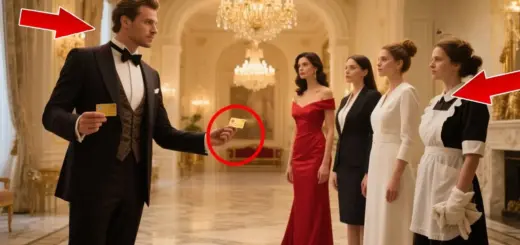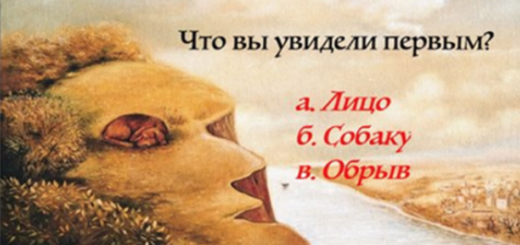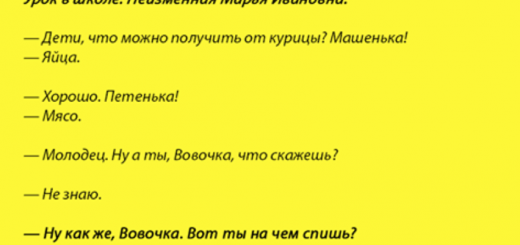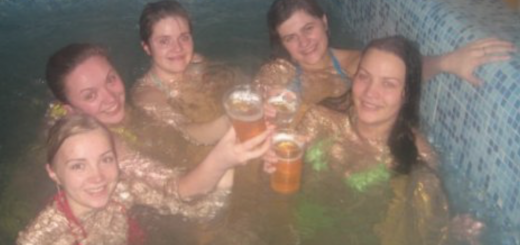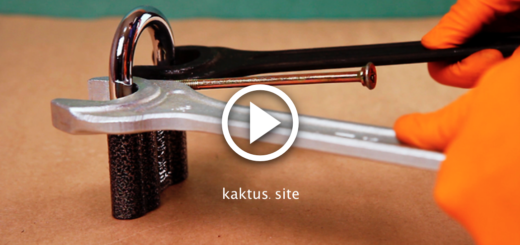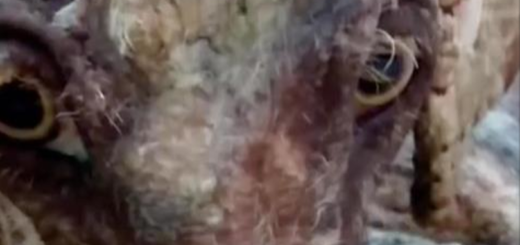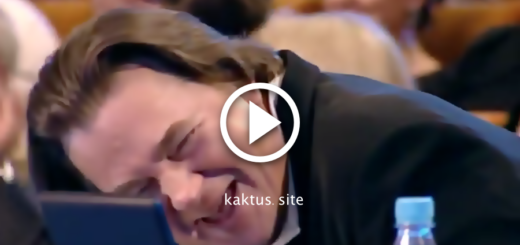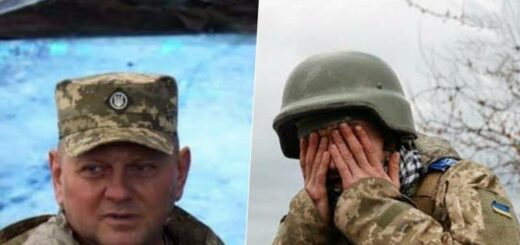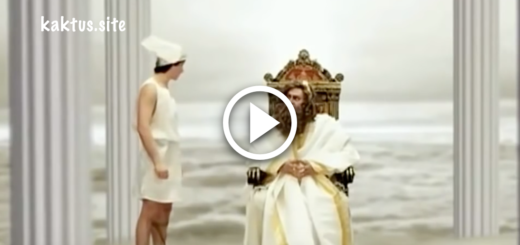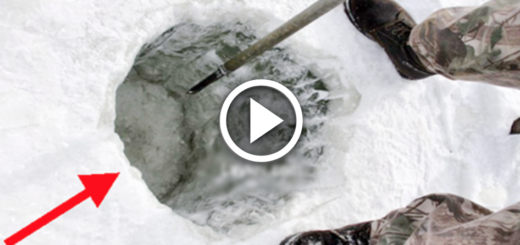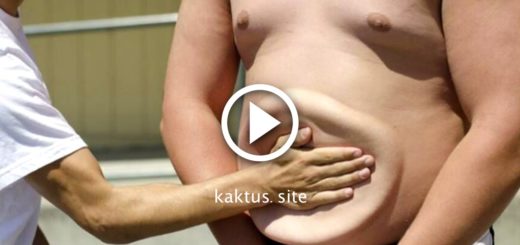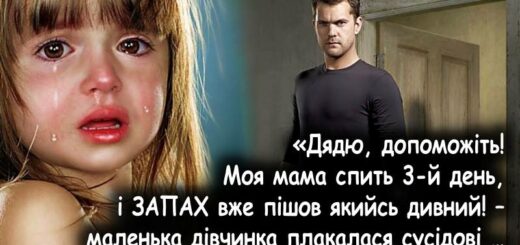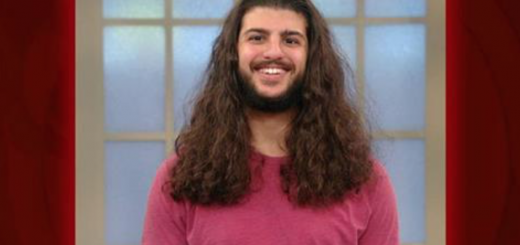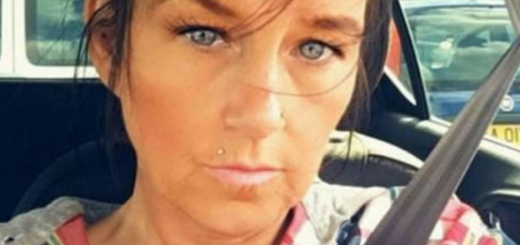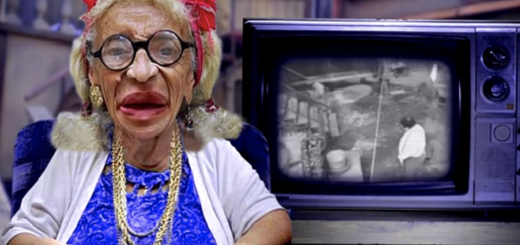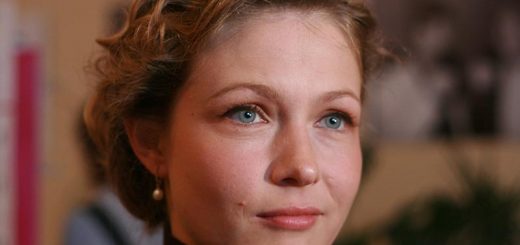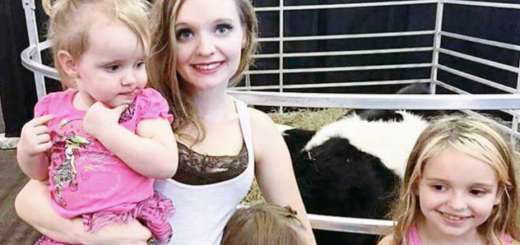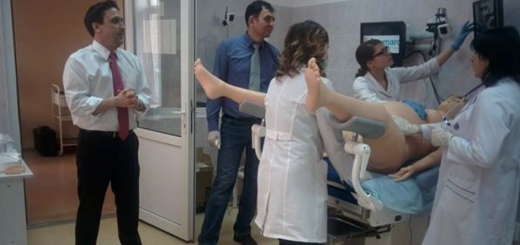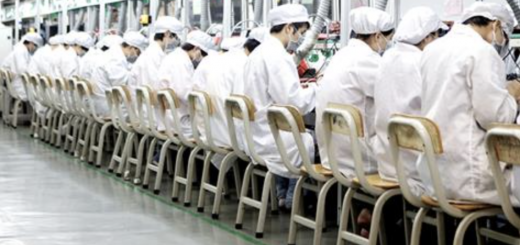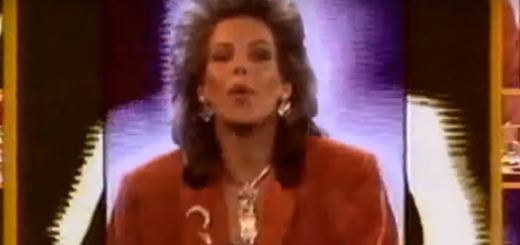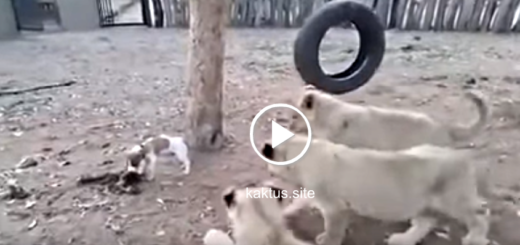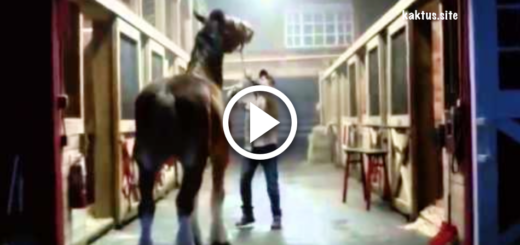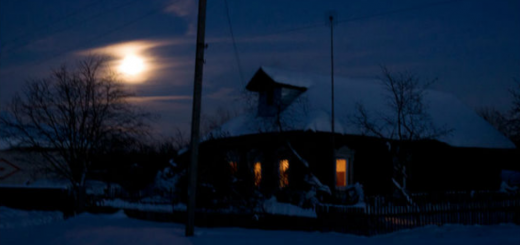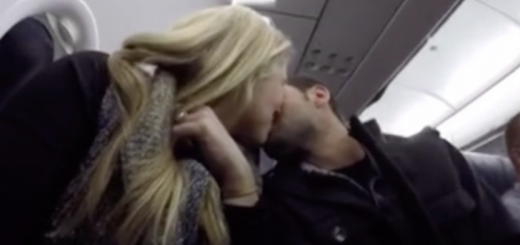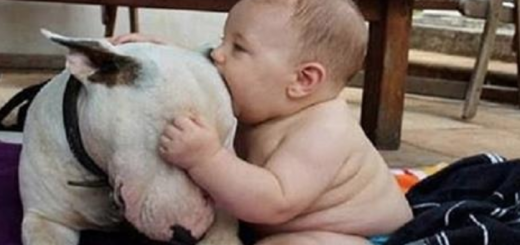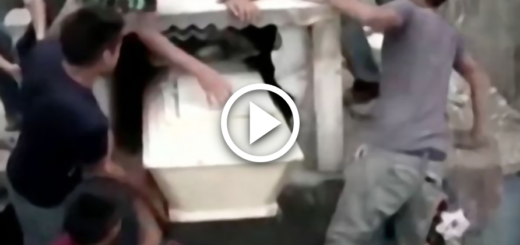The morning of my sixty-fourth birthday began not with a celebration, but with a ghost. It arrived in a stark white envelope, bearing no return address and no stamp. My name, Carol, was scrawled across the front in a familiar, sharp cursive that made the air in my lungs feel thin. Slipped beneath the front door, it was nearly lost among the utility bills and grocery store flyers. The envelope itself was unremarkable, yet the handwriting sent a cold dread coiling in my stomach. For a long moment, my hand simply hovered above it before I dared to touch it.
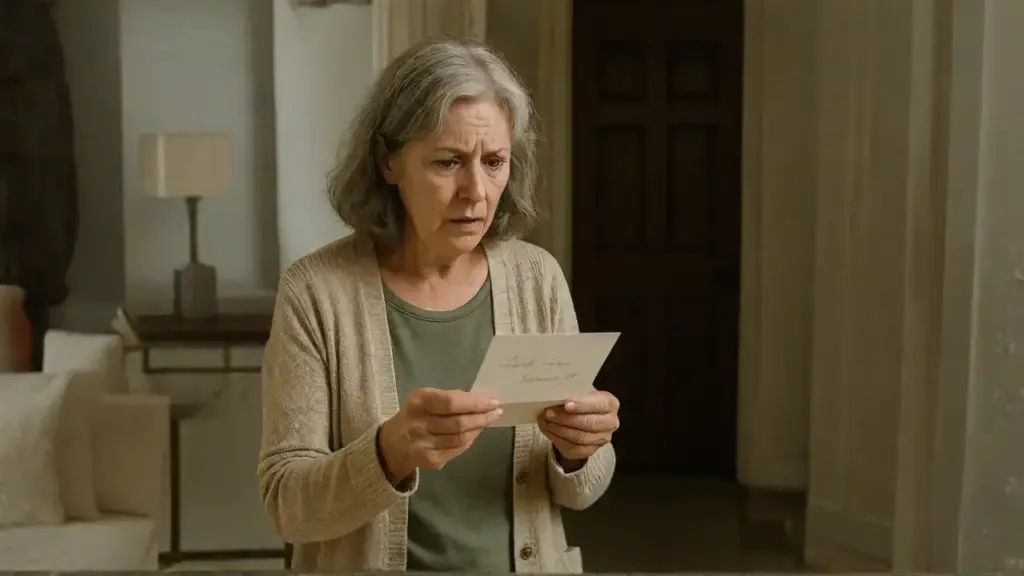
My pulse was already a frantic drum against my ribs. I carried the letter to the couch and sat, a strange chill creeping over my skin despite the warm morning sunlight pouring through the living room windows. With deliberate slowness, I tore it open. Inside was a generic birthday card, the kind you find in any drugstore, adorned with watercolor florals and the soft blue script: Wishing you peace and joy.
I hadn’t known real peace in two decades, but it wasn’t the printed sentiment that stole my breath. It was the message written below it. I recognized the penmanship instantly.
Every precise loop. Every decisive line. Michael used to leave me little notes in my lunchbox when we were young and still believed in forever.
Don’t forget to smile. Come home safe. Miss you already.
I hadn’t laid eyes on his writing in twenty years, and yet here it was, staring back at me from the cheap cardstock. Happy birthday, Carol. I never left.
Look in the basement.
The card slipped from my nerveless fingers and drifted to the carpet. I felt the blood abandon my face, leaving me cold and pale. I was paralyzed, unable to move, unable even to blink as my mind splintered, racing in a thousand directions at once. Michael. My husband. Vanished since 2005. The police had located his car, abandoned near the Cuyahoga River. His wallet, his phone, his gold wedding band—all were found resting on the passenger seat. Everything but him. They’d suggested it was likely a suicide.
— The current is strong here.
They had told me, their voices filled with practiced sympathy.
— Sometimes the body is never recovered.
We held a memorial service. We buried an empty casket. Our friends brought over casseroles and offered silent, awkward hugs. I grieved for him. I raged at him. I forgave him. And then I grieved for him all over again.
And for the next twenty years, I lived alone, suffocated by a million unanswered questions. Now, this. I retrieved the card from the floor, my hand trembling as I held it, as if it might sear my skin. I flipped it over, searching for any other clue. No signature. No date. Only that one chilling sentence, penned in a way that only Michael could write. I never left. My mouth was as dry as dust.
Slowly, I rose and walked to the hallway mirror, forcing myself to look at my own reflection. I looked the same. Not older, not younger. Just stunned into a state of absolute stillness.
— No.
I whispered to the woman in the glass.
— This has to be some kind of sick joke.
But there was no one left to play such a joke on me. I hadn’t maintained close friendships. My daughter, Jessica, lived clear across the country in Oregon, and no one else in my life even remembered the anniversary of his disappearance anymore. I walked to the front door, pulled it open, and scanned the quiet suburban street. Nothing. Just the gentle morning breeze rustling the leaves of the old oak tree. A neighbor’s newspaper lay rolled up in their driveway.
Who could have possibly placed it there? And more importantly, why? My heart hammered against my ribs as I looked down at the envelope again. I turned, my gaze falling on the door at the end of the hall—the door to the basement. That basement had been a silent, dormant part of the house for two decades. I’d done nothing more than sweep the concrete floor once or twice a year. I didn’t require the storage space. I certainly didn’t need the reminders.
But now, a single thought consumed me: what did he mean? Look in the basement. Was it a metaphor? A threat? A desperate cry for help? A profound dread washed over me; I didn’t want to go down there, not by myself, not without knowing what I was walking into. But the alternative—ignoring it—was impossible. And deep beneath the layers of panic and shock, another feeling stirred. Hope. It wasn’t the pure, joyful kind.
This hope was jagged and sharp. It made my stomach churn with a nauseous mixture of fear and anticipation. But it was there. I took a deep, shuddering breath, retrieved a heavy flashlight from a kitchen drawer, and made my way toward the basement door. My hand trembled as I reached for the cold, brass knob. Whatever I was about to discover, one thing was terrifyingly certain. My story, the one I had meticulously constructed and told myself for twenty long years, was about to be torn apart.
Back in 2004, if you had asked me to describe my life, I would have used words like «ordinary,» perhaps even «predictable,» but in the most comforting sense. I was forty-three, and I had been married for over two decades to Michael Sullivan, a man who folded his socks with military precision and always left the last two sips of coffee in the pot as if it were a sacred ritual. We lived in a modest three-bedroom house in a quiet Ohio suburb, just far enough from Cleveland to hear the crickets chirping on summer nights.
Michael was a high school history teacher, adored by his students for his terrible puns and his encyclopedic knowledge of presidential trivia. He was a man of routines and reliability. He never forgot to turn off the oven, always raked the leaves before the first frost, and held a firm belief that you didn’t replace something until it had truly given up the ghost. This philosophy applied to our fifteen-year-old dishwasher and, as some might have argued, to our marriage as well.
But we worked. We had an unspoken understanding. We didn’t have the kind of loud, screaming fights you see in movies. We made decisions as a team. We planned our vacations around Jessica’s school breaks. Our life was built on a foundation of routines, rituals, and quiet inside jokes that only the two of us shared.
At the time, I was working part-time at the local public library. My world was small, but it was peaceful. Mornings began with Michael reading the newspaper at the kitchen table while I packed his lunch: always turkey and Swiss on rye, a side of apple slices, and a single peanut butter cookie that I knew he would inevitably give to a student who looked like they needed it more than he did. Our evenings were even quieter. We’d have dinner, do the dishes, and then sit on the back porch while he graded essays and I lost myself in mystery novels.
Our daughter, Jessica, was in her sophomore year at a college in Vermont, studying environmental science. She called twice a week, her voice always buzzing with updates about a new composting initiative, a campus protest, or a professor she idolized. I missed her with an ache that was almost physical, but I was immensely proud. Michael was too, though his way of expressing it was more practical. He would send her care packages filled with extra wool socks for the cold Vermont winters or mail her articles he’d clipped from the newspaper.
— She’ll know I’m thinking of her.
He would say with a shrug.
Looking back, there were no fireworks in our marriage, but there was a deep and abiding comfort. And comfort, when you have been with someone for that long, can feel indistinguishable from love. Every Friday night, we ordered a pizza from Tony’s Pizzeria. We never even had to discuss the order. Half mushroom and black olive for me, plain cheese for him. He always chose the movie—usually a spy thriller or a submarine drama—and I would invariably fall asleep halfway through. He’d nudge me awake as the credits rolled and say, just as he always did:
— You missed the best part.
On Sundays, we would walk to the farmer’s market, hand in hand. He always insisted on carrying the heavy bags, even when I offered to help. Our conversations were never profound; we’d talk about the weather, neighborhood gossip, or whose kid was getting married. But I never felt bored. I felt safe. I felt held. It was as if the world could shift and crumble around us, but we would remain constant.

